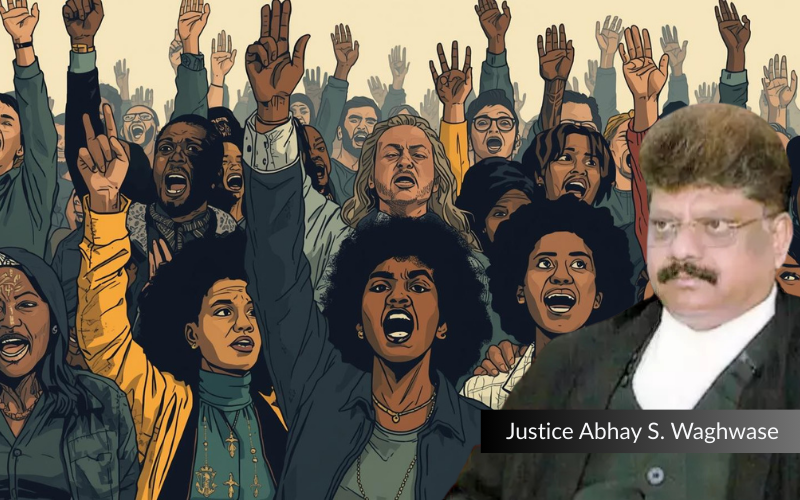General and omnibus allegations insufficient to overturn acquittal by the trial court.
The case of State of Maharashtra v. Shivaji, adjudicated by the Bombay High Court's Aurangabad Bench on August 12, 2025, underscores the critical importance of specific evidence and credible testimony in securing convictions under criminal law. This judgment offers a comprehensive exploration of the evidentiary standards required for conviction, particularly under the Scheduled Castes and the Scheduled Tribes (Prevention of Atrocities) Act, 1989, and the Indian Penal Code, 1860.
Context and Legal Framework
The prosecution alleged that the respondents, including Shivaji and others, engaged in caste-based abuse and physical assault against the complainant Madhav. The charges were framed under Section 3(1)(x) of the SC/ST Act, Section 324 read with Section 149 of the IPC, and Section 7(1)(d) of the Protection of Civil Rights Act. The trial court acquitted all accused except Venkat, who was convicted for causing simple injuries.
Key Judicial Findings
1. Ambiguity in Testimonies: The judgment critically evaluates the testimonies of the complainant (PW1) and his brother (PW2). Both witnesses provided evidence that lacked specificity regarding the individual roles of the accused. The allegations of caste abuse were made "in chorus," failing to pinpoint any specific individual responsible.
2. Lack of Corroborative Evidence: The medical evidence presented by PW3, the doctor, corroborated only the injuries caused by Venkat. No medical evidence supported the claims against other accused regarding the alleged use of weapons or physical assault. Moreover, the absence of independent witnesses weakened the prosecution's case, despite the presence of numerous bystanders during the incident.
3. Role of Omnibus Allegations: The court highlighted the insufficiency of general and omnibus allegations in criminal trials. The prosecution's inability to delineate specific actions by each accused led to the acquittal, emphasizing the necessity for detailed and corroborated evidence to sustain convictions.
Legal Implications and Lessons Learned
This case serves as a poignant reminder of the stringent requirements for proving criminal charges, especially those involving serious allegations under the SC/ST Act. The judgment illustrates the following key legal principles:
Specificity in Allegations: Accusations must be precise, clearly attributing actions to specific individuals. General allegations, particularly in cases involving multiple defendants, are insufficient for conviction.
Need for Corroboration: Testimonies should be supported by medical evidence, eyewitness accounts, or other forms of corroboration to withstand judicial scrutiny.
Credibility and Consistency: Witnesses' statements must be consistent and credible. Discrepancies or exaggerations can significantly undermine the prosecution's case.
Conclusion
The Bombay High Court's judgment reinforces the judiciary's commitment to upholding the rule of law by ensuring that convictions are based on robust and reliable evidence. This case underscores the essential balance between protecting the rights of the accused and delivering justice to victims, highlighting the judiciary's role in meticulously evaluating evidence to prevent wrongful convictions. As such, it serves as an instructive case for legal practitioners and scholars in understanding the nuances of criminal jurisprudence in India.
State of Maharashtra v. Shivaji, (Bombay)(Aurangabad Bench) : Law Finder Doc id # 2762810




